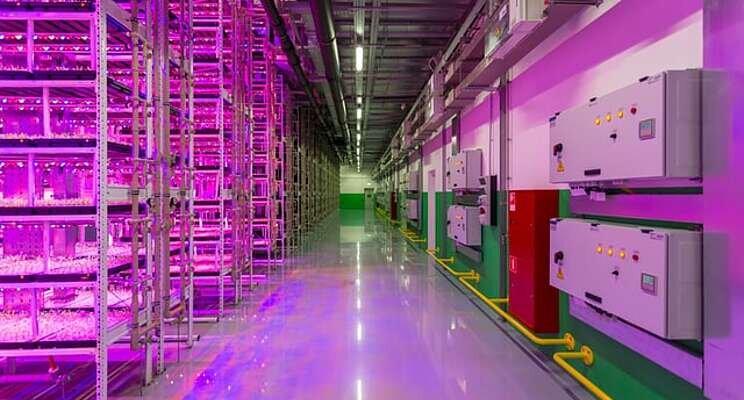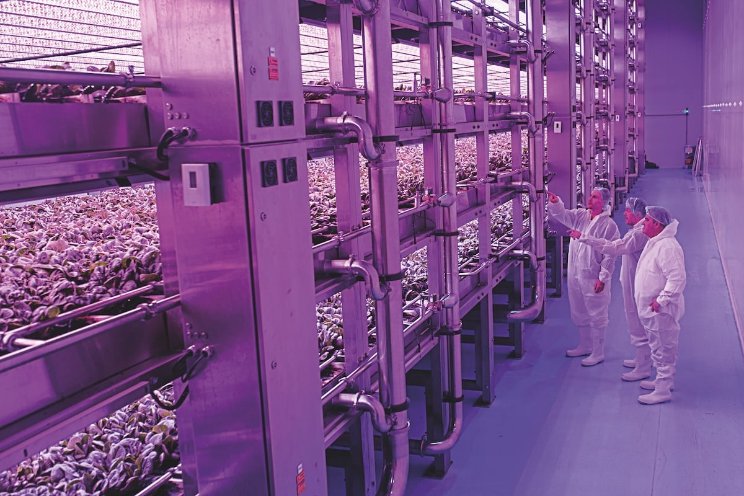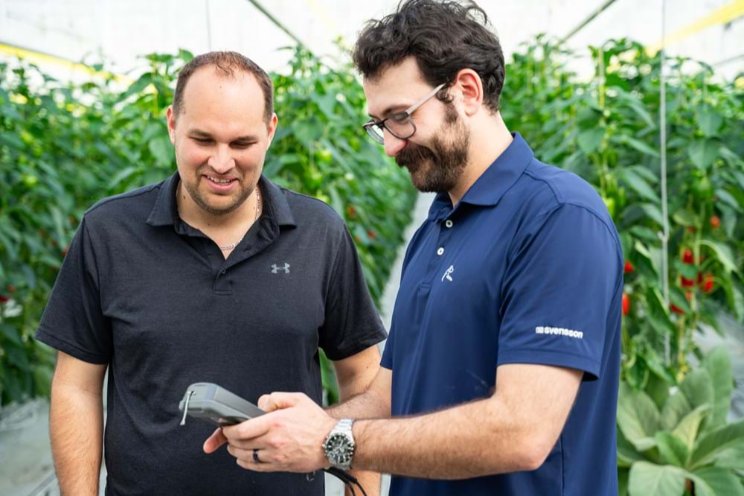Vertical farming faces several challenges as zoning law
Added on 28 June 2022

Zoning challenges, in particular, are an obstacle for large-scale vertical farming companies seeking to operate in US cities. Vertical farming was not envisioned by urban planners and leaders until the last decade or two. It is essential to modernize zoning in order to realize the social, economic, and environmental benefits this nascent industry has to offer.
Legal obstacles to vertical farming
The term 'urban farming' means different things to different people. For some, the first thing that comes to mind is small backyard and community farms in cities that may span a few vacant lots. These farms (perhaps better described as gardens) serve important functions and are often highlighted in feel-good media stories.
For others — particularly those in the industries of agriculture, technology, and investing — it is the potential of large-scale, indoor vertical farms that is front of mind. That potential includes projects such as Plenty's vertical farm currently under construction in Compton, California, which is sited in a 95,000-square-foot repurposed warehouse.
Jared Burden is member of law firm GreeneHurlocker. He is based in Harrisonburg, Virginia, US.
Photo by Petr Magera on Unsplash
Source: Ag Funder News
More news















